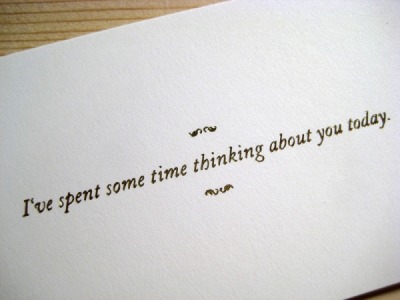This is an article from today's Daily Times of Pakistan-the interesting
thing is the six factors the Nobel Prize winners cited as key to "making achievements in life." First on the list is creativity - but even more interesting are the factors of "competitiveness" and "luck." The laureates also made a distinction between the characteristics it takes to go above and beyond "life achievements" to win the Nobel Prize.
"Creativity, Luck Key to Success"
Tuesday March 28, 2006. ISLAMABAD: A seminar was held for three Nobel laureates visiting Pakistan at a local hotel on Monday. The Nobel laureates Charles H Townes, Ivar Giaever and Gerardus Hooft delivered lectures on different subjects. The seminar was organized by the Pakistan Science Foundation and Pakistan Institute of Engineering and Applied Sciences (PIEAS), in collaboration with Higher Education Commission, Atomic Energy Commission and Ministry of Science & Technology. Prime Minister Shaukat Aziz inaugurated the seminar. The Nobel Prize winners said that creativity, curiosity, competitiveness, self-confidence, patience and luck played a key role in making achievements in life, but commitment and energy, coupled with dedication and strength of character, were required to win a Nobel Prize. APP The Daily Times of Pakistan.
So here are a few questions to ponder, and discuss:
1. What role do you think competitiveness plays in making
achievements in life? How does this reconcile with Play's notion of
collaboration? How can Play create positive competition?
2. How do you create your own luck?
3. Look at the characteristics required to win a Nobel
Prize-"commitment and energy, coupled with dedication and strength of
character." It's interesting that the laureates made a distinction between
characteristics to achieve in life, and those characteristics to win the
Nobel Prize. Where else are these same characteristics necessary in life?
4. So here's a list of characteristics to win the Nobel Peace
Prize.
If you were to create your own list of characteristics about ANYTHING IN THE WORLD , what would you create your list about, and what would be on the list?
Charles Townes won the 1964 prize in Physics for fundamental work in the field of quantum electronics, which has led to the construction of oscillators and amplifiers based on the maser-laser principle. You know, oscillators. The link below is to a great "What I've Learned" column in Esquire by Townes. Here is a quote for change perspective, or look at morestuff. "Change fields every one or two decades. Some people stay in one field all their life and develop it more and more and more, and that's useful. I myself think it is more fun to explore new things. Much public thinking follows a rut. The same thing is true in science. People get stuck and don't look in other directions."
<http://www.esquire.com/features/learned/011101_mwi_townes.html>
Ivar Giaever won the 1973 Nobel Laureate in Physics for his experimental discoveries regarding tunneling phenomena in semiconductors and superconductors, respectively. You know, tunneling phenomena.
Gerardus Hooft won the 1999 Nobel Prize in Physics for elucidating the quantum structure of electroweak interactions in physics. You know, electroweak interactions.

0 comments:
Post a Comment